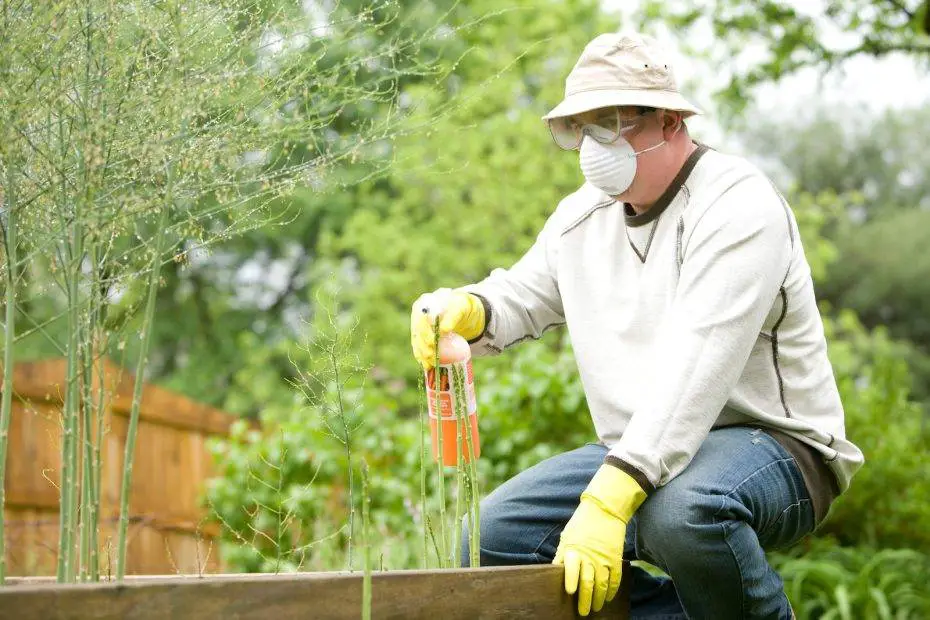Introduction:
As the seasons change, many individuals find themselves dealing with the frustrating symptoms of seasonal allergies. Commonly known as hay fever or allergic rhinitis, seasonal allergies can significantly impact one's quality of life. However, by understanding the triggers, implementing preventive measures, and utilizing effective treatment options, it is possible to manage the symptoms and find relief. In this blog post, we will explore how to effectively manage seasonal allergies and minimize their impact on daily life.
Understanding Seasonal Allergies:
Seasonal allergies occur when the immune system reacts to specific allergens present during particular times of the year, such as tree pollen in spring, grass pollen in summer, or ragweed pollen in fall. These allergens can be inhaled, leading to a range of symptoms.
Common Symptoms of Seasonal Allergies:
Nasal Symptoms:
Sneezing, itching, a runny or stuffy nose (rhinitis), and nasal congestion are common symptoms of seasonal allergies. These symptoms can significantly affect one's ability to breathe comfortably.
Eye Irritation:
Itchy, red, and watery eyes are common allergic reactions during the allergy season. This symptom, known as allergic conjunctivitis, can be quite bothersome.
Respiratory Symptoms:
Allergies can trigger coughing, wheezing, and shortness of breath in individuals with underlying respiratory conditions such as asthma.
Fatigue and Irritability:
Chronic allergies can lead to fatigue, poor sleep quality, and irritability, impacting overall well-being and productivity.
Tips for Managing Seasonal Allergies:
Identify Triggers:
Understanding the specific allergens that trigger your symptoms can help you take appropriate preventive measures. Monitor pollen forecasts and avoid spending excessive time outdoors during peak pollen times.
Minimize Exposure:
Take steps to reduce exposure to allergens. Keep windows closed during high pollen periods, use air purifiers or filters in your home, and consider wearing sunglasses to protect your eyes from pollen.
Practice Good Hygiene:
Showering and changing clothes after spending time outdoors can help remove pollen from your body and prevent it from being spread throughout your living space.
Use Nasal Rinse/Saline Spray:
Nasal rinses or saline sprays can help flush out allergens from the nasal passages and provide temporary relief from congestion.
Over-the-Counter Medications:
Antihistamines, nasal corticosteroids, and decongestants available over the counter can help alleviate symptoms. However, it's important to consult with a healthcare professional before starting any new medications.
Allergy Immunotherapy:
Allergy shots (subcutaneous immunotherapy) or oral/sublingual immunotherapy (under the tongue) may be recommended for severe or persistent allergies. These treatments can help desensitize the immune system to specific allergens.
Consult an Allergist:
If your seasonal allergies are particularly severe or significantly impact your daily life, consider consulting an allergist. They can provide a comprehensive evaluation, identify triggers, and recommend personalized treatment options.
Lifestyle Modifications:
Keep Indoor Air Clean:
Use high-efficiency particulate air (HEPA) filters in your home and clean air conditioning units regularly to reduce allergens indoors.
Avoid Hanging Laundry Outdoors:
Pollen can cling to laundry, so drying clothes outdoors during allergy season may increase exposure to allergens.
Plan Outdoor Activities Wisely:
Check pollen forecasts and try to plan outdoor activities when pollen levels are lower, such as after a rain shower.
Wear Protective Gear:
When working outdoors or engaging in activities that may expose you to allergens, consider wearing a hat, sunglasses, and a mask to reduce contact with allergens.
Conclusion:
Seasonal allergies can be frustrating, but with proper management and preventive measures, you can find relief and enjoy the changing seasons without the burden of persistent symptoms. By identifying triggers, implementing lifestyle modifications, using appropriate medications, and seeking guidance from healthcare professionals, you can effectively manage your seasonal allergies and improve your overall well-being. Remember, with the right approach, you can minimize the impact of seasonal allergies and embrace the beauty of each season with greater comfort and enjoyment.
